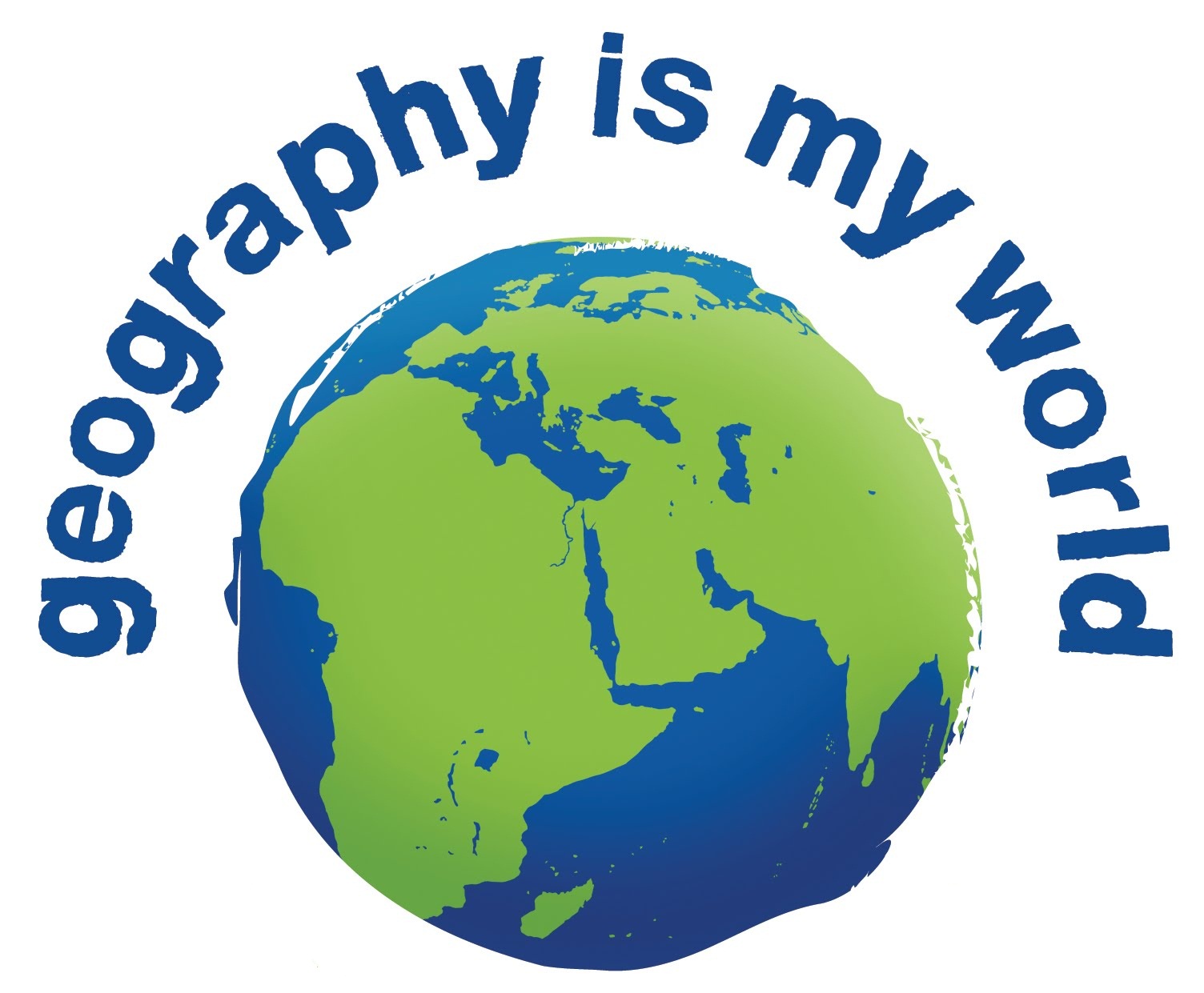Geographers, economists and other social scientists have been taking interest in human development right from the inception of these disciplines. Equally old is the concept of sustainability of the environment.
All the religions and ideologies have preached peaceful co-existence, prosperity and eradication of poverty, starvation, deprivation and discrimination to make life enjoyable and to enhance the sustainability of the environment.
Today’s belated return to human development means reclaiming an old and established heritage rather than importing or implanting a new diversion.
ADVERTISEMENTS:
The roots of the concept of human development can often be traced to early periods in human history and can be found in many cultures and religions.
Aristotle wrote: ‘Wealth is evidently not the good we are seeking, for it is merely useful and for the sake of something else’.
A similar strain was reflected in the writings of geographers such as Kant, Humboldt, Ritter, Semple, Vidal de Lablache, Jean Brunhes, Reclus, Jefferson, Bowman, Sauer and Huntington.
ADVERTISEMENTS:
The human development approach in geography became popular by French geographers, especially Febvre and Vidal de Lablache.
It was advocated by Lablache that nature provides the opportunity for a range of possible human responses and people have considerable discretion to choose between them, which depends on their capabilities, technology and level of economic development. Subsequently, Hartshorne, Kirk and Tuan stressed on the humanistic aspect of the subject.
The founders of quantitative economics such as William Petty, Gregory King, F. Quesnay, Antoine Lavoisier and Joseph Lagrange gave emphasis on human development.
In their pioneer works on political economy, Adam Smith, Robert Malthus, Karl Marx and John Stuart Mill also focused a human development and sustainability of the environment.
ADVERTISEMENTS:
Throughout the early period, the concept of development treated income and its growth as a means, and directed attention towards a real concern for people in their individuality and collectivity and in their commonality and diversity.
The central concern of development became the quality of people’s lives—what they are capable of doing and what they actually did, the discrimination they faced, the struggles they waged and the expanding choices they enjoyed.
And this covered not just economic choices but choices in every field which could extend control over their lives. The pursuit of material well-being was one of these choices, but it had not yet become the exclusive obsession.
In the 20th century, the social scientists became increasingly concerned with economics—and economics with wealth rather than with people, with the economy rather than with the society, with the maximization of income rather than with the expansion of opportunities for people.
Although the obsession with materialism may be recent, the preoccupation of economists, social scientists, geographers and policy-makers with augmenting ‘national treasure’ is quite old.
In surplus trade balances, they preferred to concentrate on material success rather than on the development of human lives.
The dominant contemporary tradition of focusing exclusively on such variables as per capita gross national product or national wealth is a continuation certainly an intensification of the old opulence-oriented approach.

